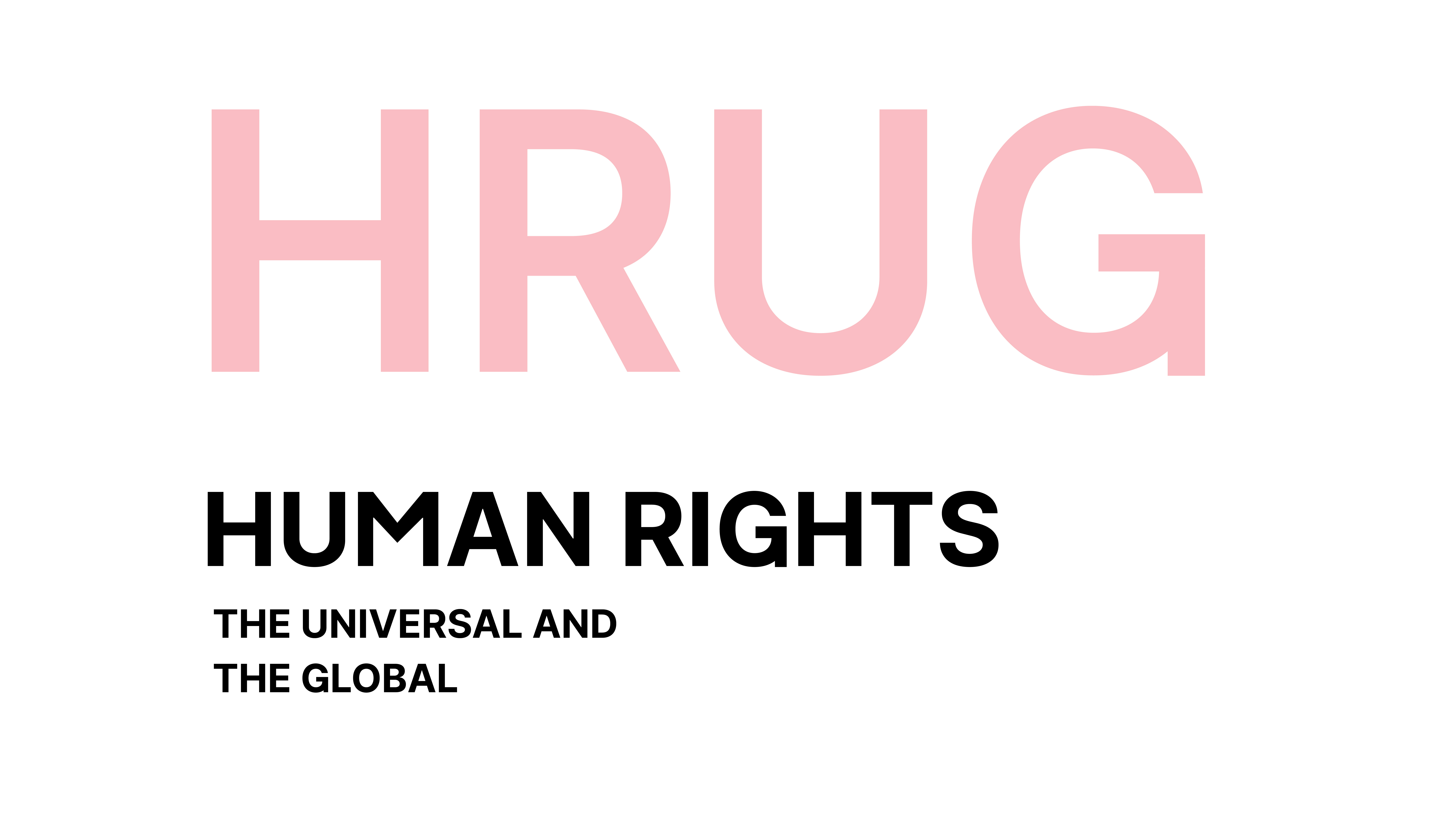It is not 1948 anymore
Even those days, when the Universal Declaration of Human Rights had been elaborated, something similar could have been said, using other years as reference:
- 1215 – Magna Carta
- 1689 – The Bill of Rights
- 1789 – The Declaration of the Rights of Man and of the Citizen
- 1792 – Mary Wollstonecraft: A Vindication of the Rights of Woman
Other dates could be added, and much could be said about each of them. For instance it is well worthwhile to remark that the Vindication of the Rights of Woman is commonly linked to the author, whereas the others are usually mentioned with the title. Had been all the others a matter of collective writing? Had Mary Wollstonecraft been an individual, thinking on her own, isolated from the rest and not representing a soci(et)al movement or sentiment?
Having stated “something similar could have been said, using other years as reference” implies that there are major continuities: the Human Rigths Debate and Practice is more a mirror of the main powers of the world system than it reflects the structural changes of the world society. This formulation is of course a tricky one – marking the debate of this group
- on the one hand, there is the world system, here understood as real and dominant structure of how the world works and what it is that keeps it together. In ahort, it can be characterised as the societal formation of the strongest nation(s) – and that means it is a matter of power excerted by the global elite
- on the other hand, speaking of a world society, we mean a structuration that is reflecting the real processes, again reflecting the power-relationships, but in addition and in particular reflecting the real and global processes of socialisation.
A wide range of topics mentioned – but even more so: being hidden between the lines and behind the words. At least one deserves special mention: the post-WW-II years witnessed not only the birth of the United Nations, but also the General Agreement on Tariffs and Trade, which became later the World Trade Organisation. While not being a branch of the UN-body, there had been and still are strong, cooperative relations.
At the coren of the group, the guiding thesis is twofold: • Human Rights, as reflected in the Universal Declaration of Human Rights and the entire body of related documents and mechanisms, are very much a reflection of the mainstream of the world system, not taking sufficently notice of the real processes of global processes of socialisation – and as such they are today as they had been in 1948, a reflection of an unquestionable capitalist economic formation, not combatting the principles of the inequality of centre-periphery relations; also relevant is that they accepted the premis that eveything is easier than overcoming capitalism. • Human Rights debates are too much occupied with the (supposedly) big questions – too little attention is paid to every day’s life of ordinary people; also too little attention is paid to the link between human rights and other disciplines, be it economics, sociology etc. or be it subdisciplines of jurisprudence as social and employment law, trade law and others.
Is discussing those issues a unique ambition of this goup? May be so, but if not, it is hopefully a valuable contribution to a debate that should be global and varied anyway.
